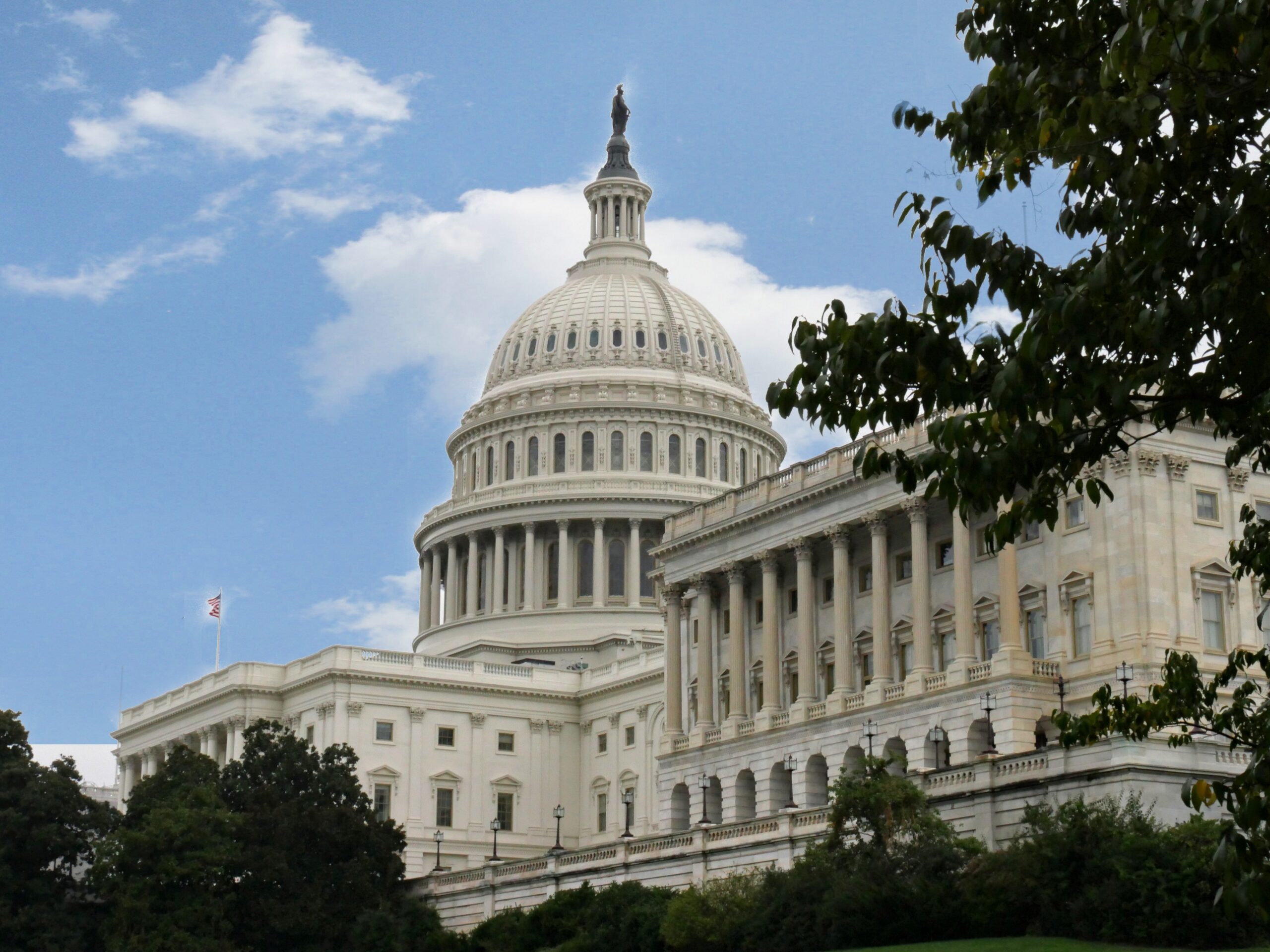A new comprehensive legislation was introduced on December 19 to revitalize the U.S. shipbuilding and commercial maritime industries.
The bipartisan bill in question, dubbed the Shipbuilding and Harbor Infrastructure for Prosperity and Security (SHIPS) for America Act, was introduced by U.S. Senators Mark Kelly (D-AZ) and Todd Young (R-IN) and Representatives John Garamendi (D-CA-8) and Trent Kelly (R-MS-1).
They said the bipartisan proposal would restore American leadership across the oceans by establishing national oversight and consistent funding for U.S. maritime policy, incentivizing domestic shipbuilding, enabling U.S.-flagged vessels to better compete in international commerce, rebuilding the U.S. shipyard industrial base, and expanding the mariner and shipyard workforce.
“We’ve always been a maritime nation, but the truth is we’ve lost ground to China, who now dominates international shipping and can build merchant and military ships much more quickly than we can,” said in a statement Senator Kelly, a U.S. Navy veteran and the first U.S Merchant Marine Academy graduate to serve in Congress.
“The SHIPS for America Act is the answer to this challenge. By supporting shipbuilding, shipping, and workforce development, it will strengthen supply chains, reduce our reliance on foreign vessels, put Americans to work in good-paying jobs, and support the Navy and Coast Guard’s shipbuilding needs. I’m excited to introduce this comprehensive, fully paid for legislation today alongside my Republican and Democratic colleagues and our partners representing all parts of the industry, and together we’re going to work to get this effort across the finish line.”
As it is reported, the United States has fewer than 200 oceangoing vessels of the United States, of which only approximately 80 vessels participate in international commerce, compared with more than 5,500 Chinese documented vessels.
On the other hand, the People’s Republic of China has made investments in the maritime industry a strategic priority over the past 20 years.
It became the world’s top shipbuilding and shipping nation, with more shipbuilding capacity than the United States.
The bill would establish the position of a maritime security advisor within the White House, who would lead an interagency maritime security board tasked with making whole-of-government strategic decisions for how to implement a national maritime strategy.
The bill also establishes a Maritime Security Trust Fund that would reinvest duties and fees paid by the maritime industry into maritime security programs and infrastructure supporting maritime commerce.
It would create a “Strategic Commercial Fleet Program” focused on expanding the U.S.-flagged international fleet by 250 ships in 10 years.
The bill would also require, among other things, that government-funded cargo be moved aboard US-flagged vessels as well as requiring a portion of commercial goods imported from China to move aboard U.S.-flagged vessels starting in 2029.
The move has been endorsed from a wide variety of maritime-related organizations. It is believed that this bipartisan proposal will fuel the U.S. economy and strengthen the national security.



